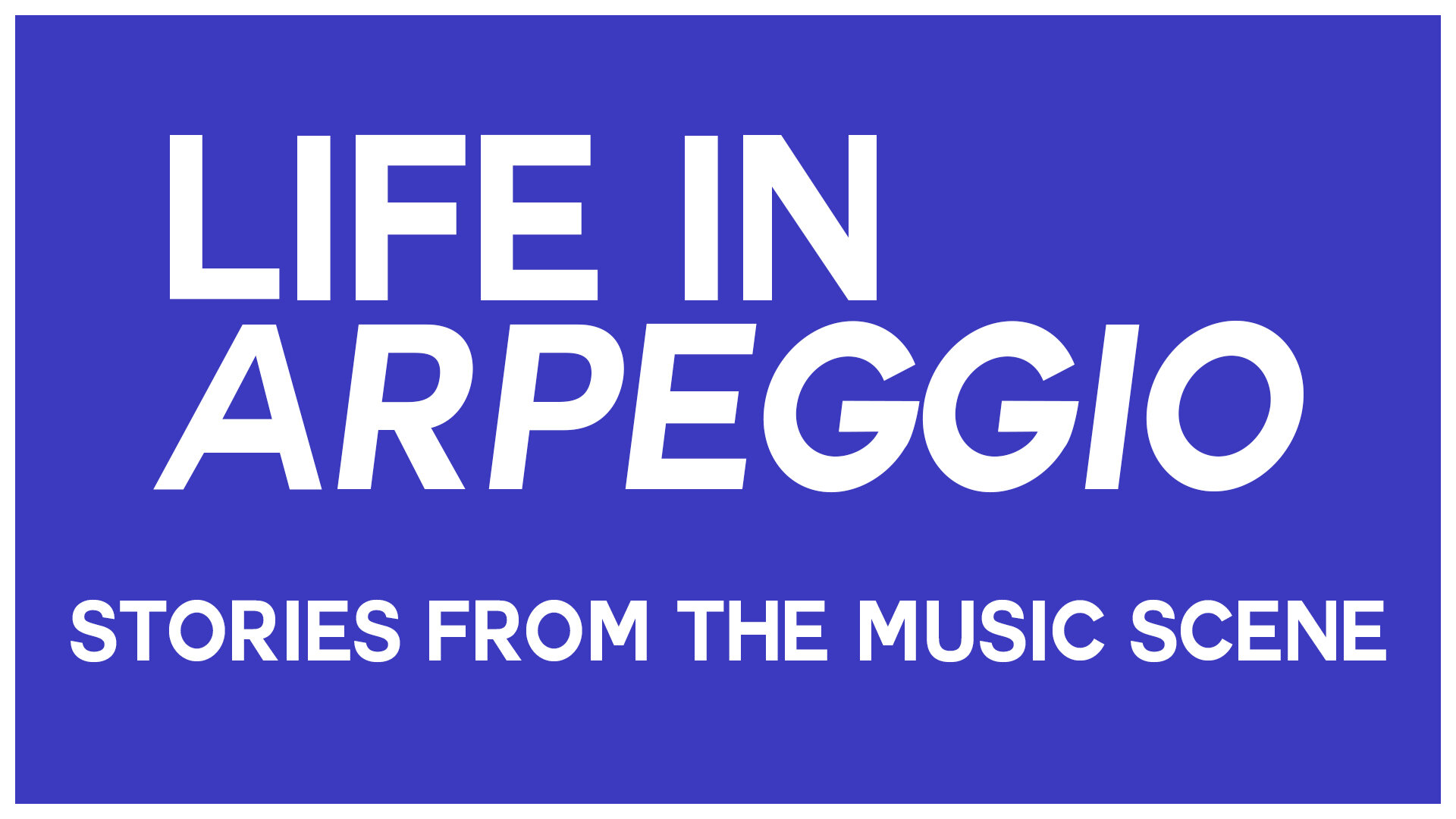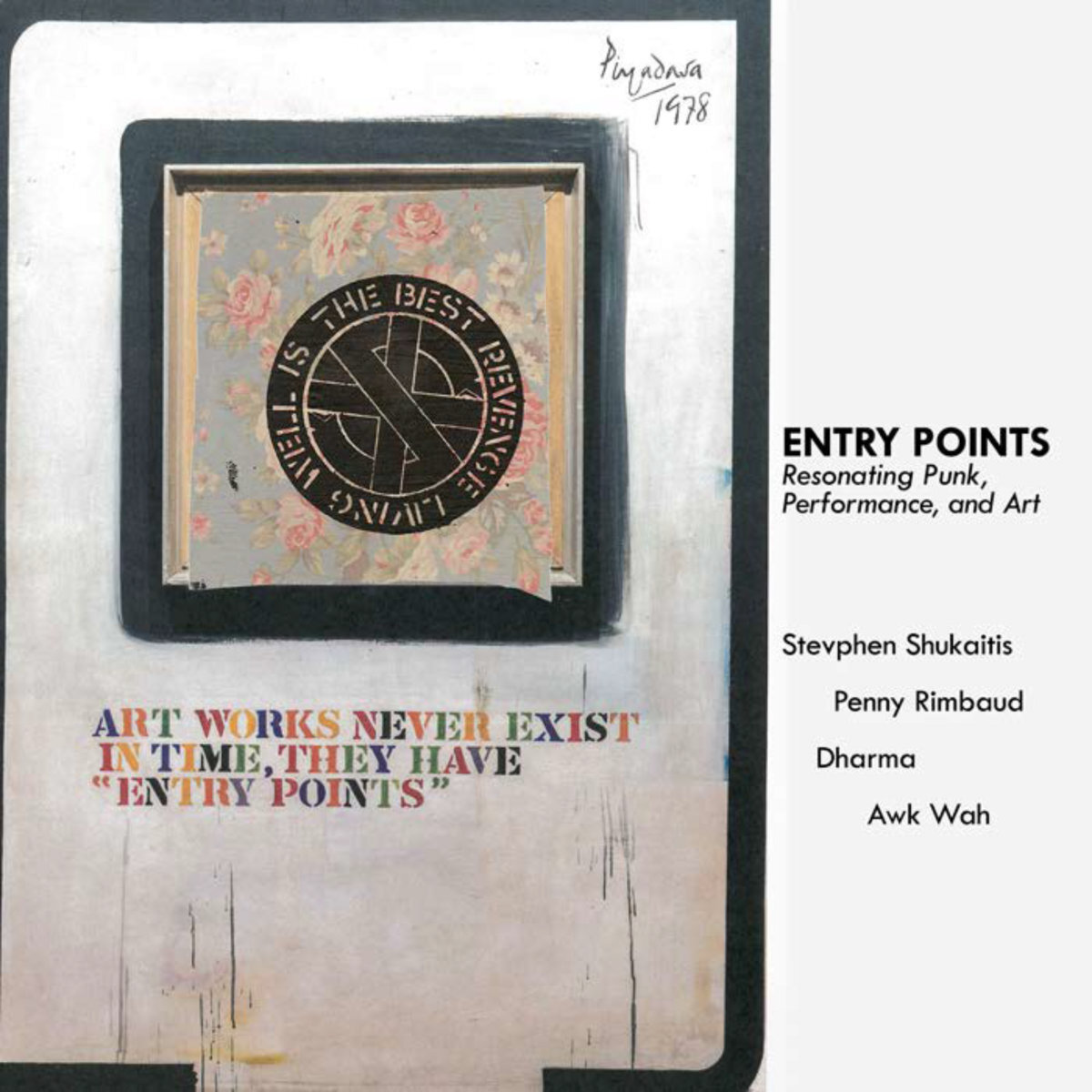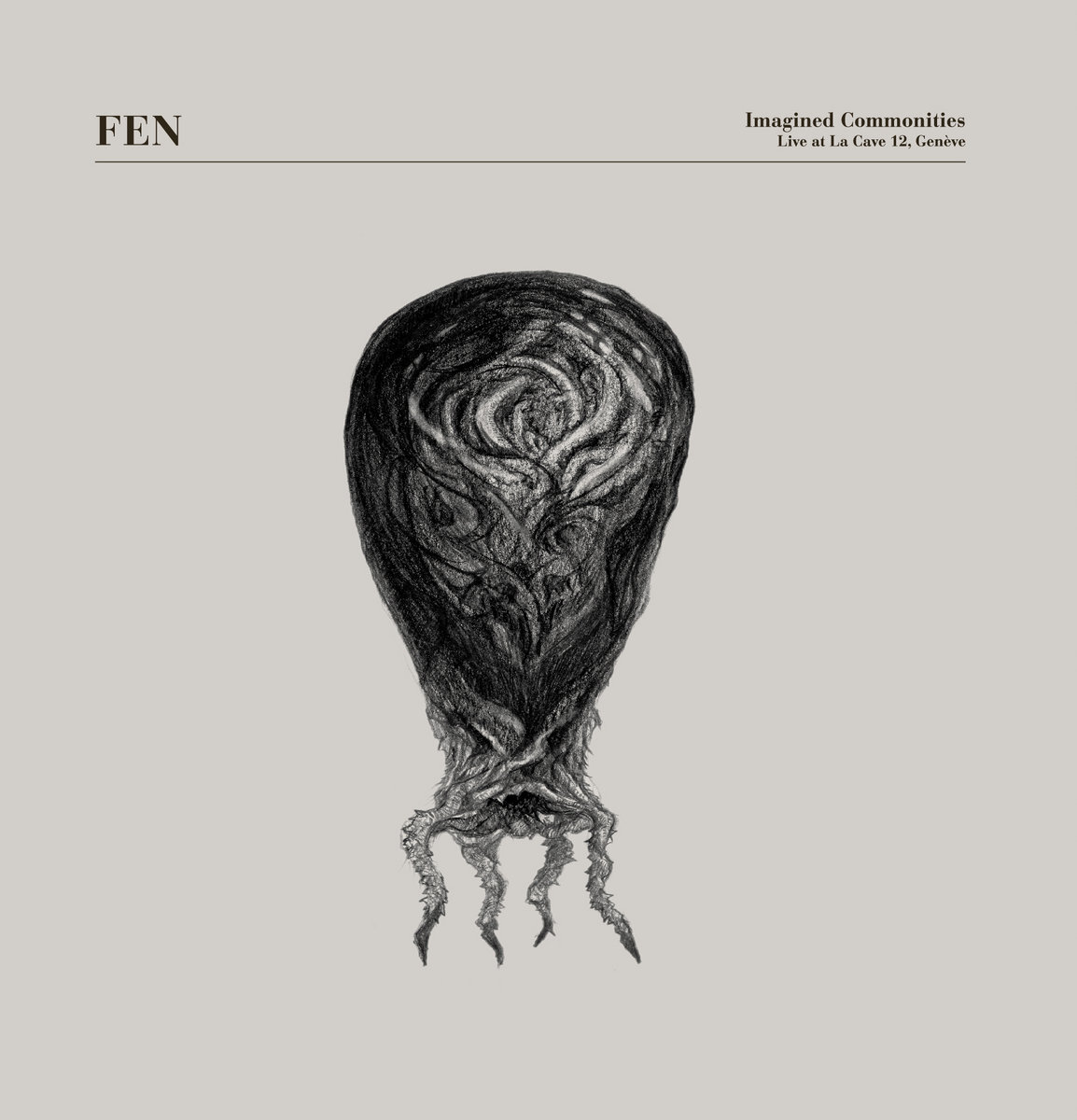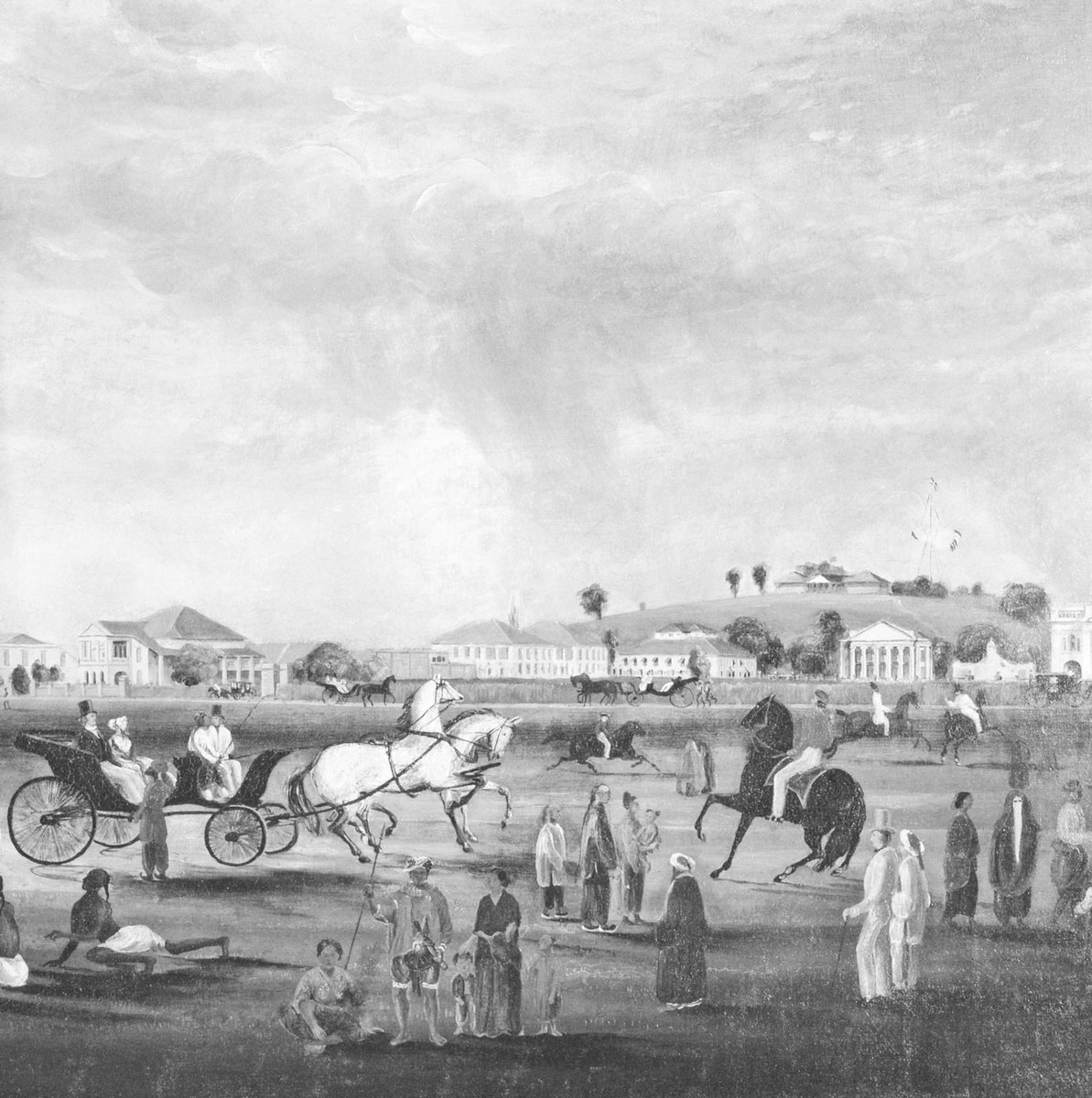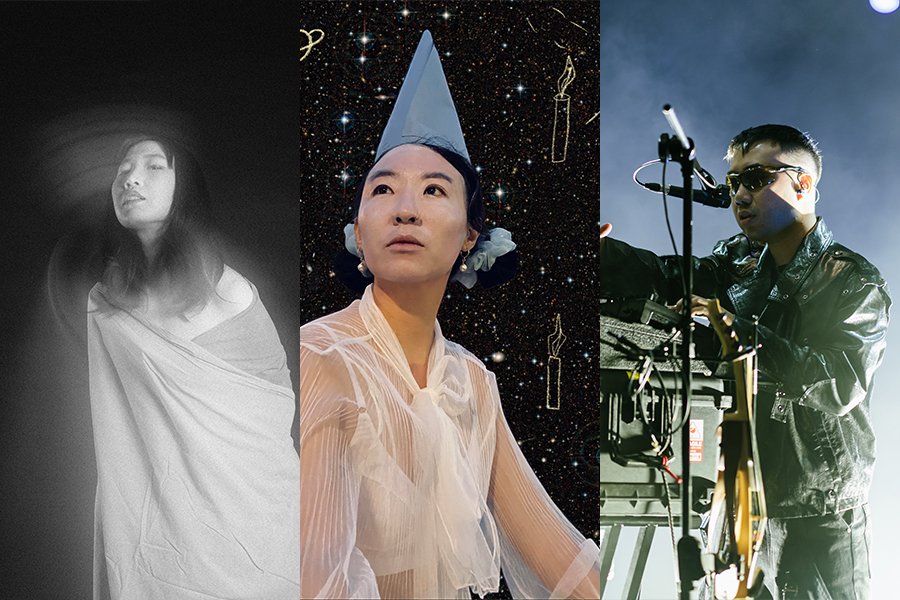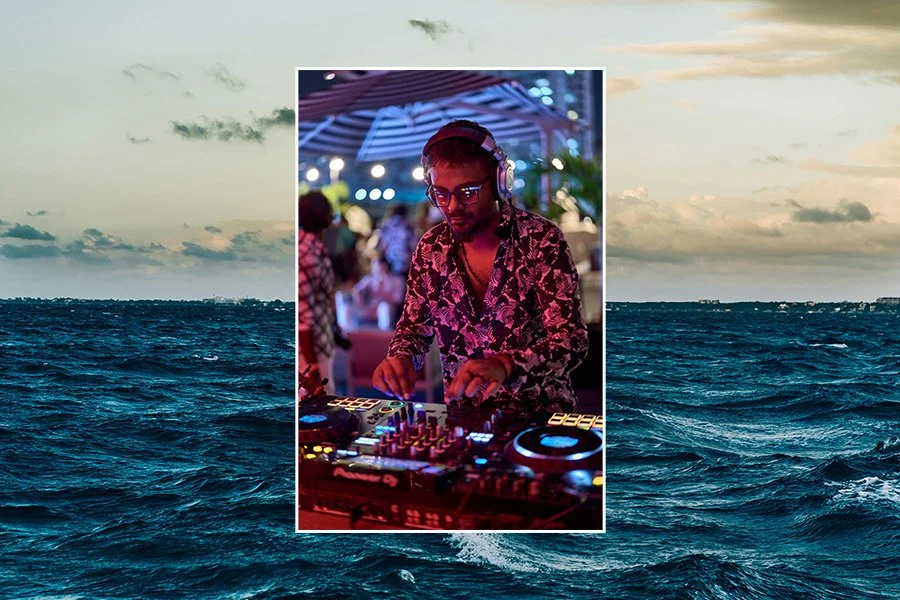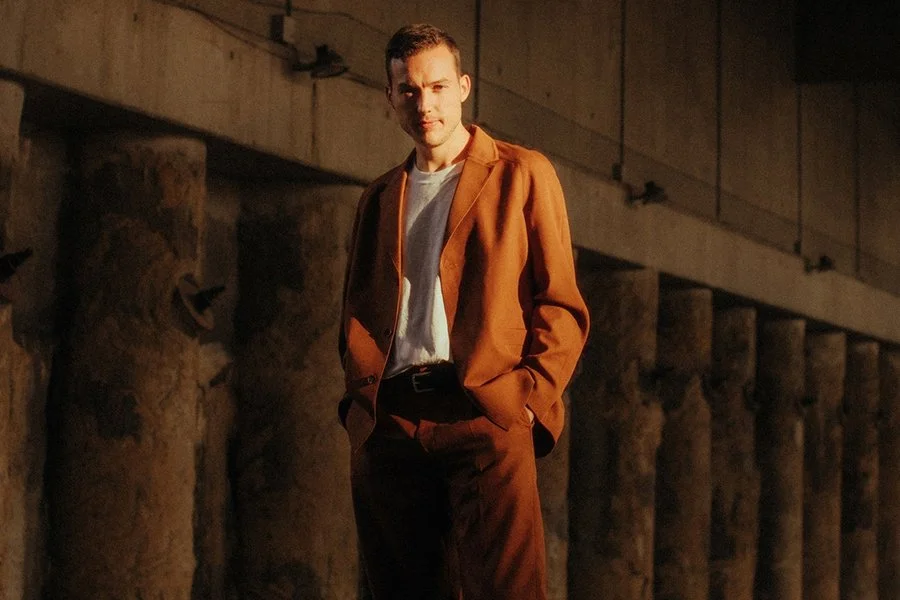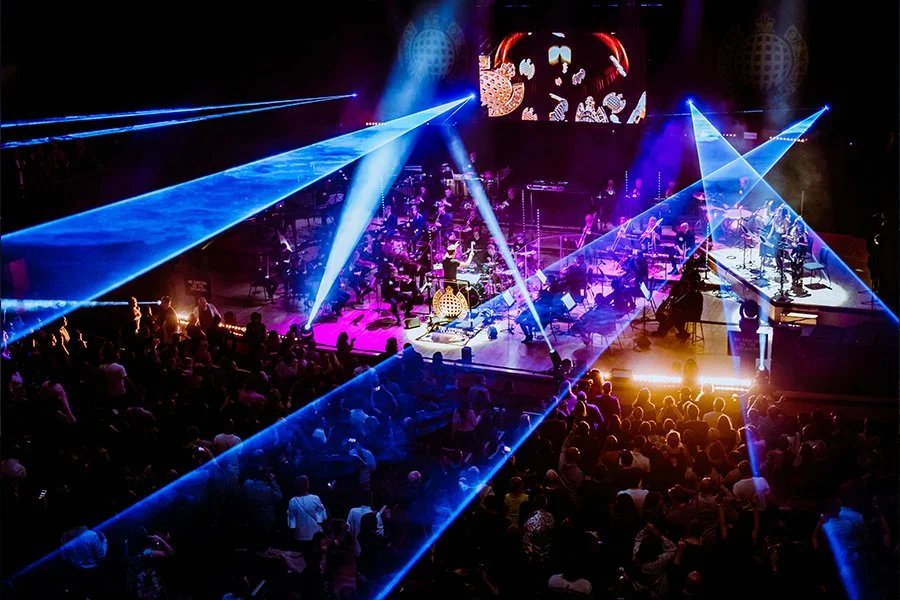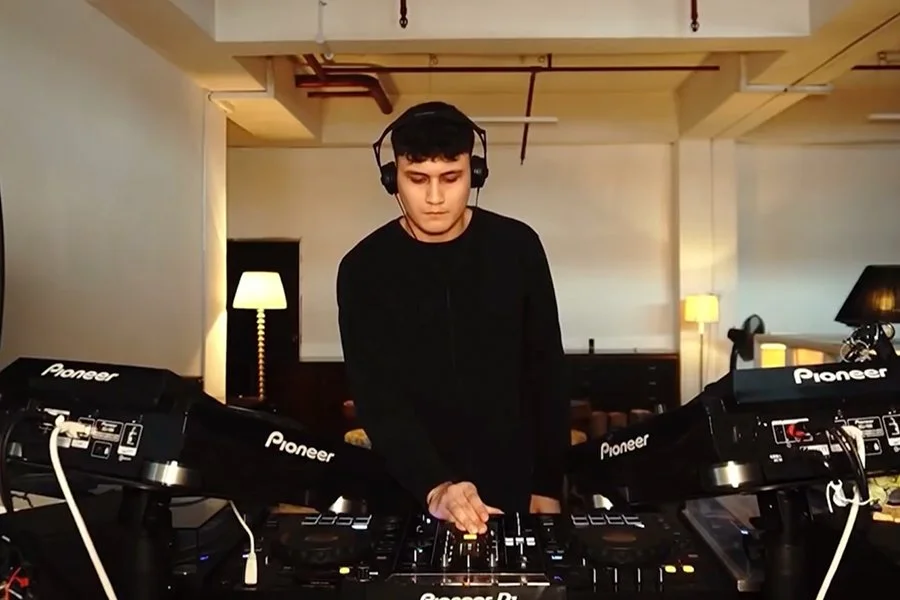The Unorthodox Ujikaji Records And Its Devotion To The Experimental
The catalogue of Ujikaji Records is far from ordinary (Credit: Ujikaji Records)
Ujikaji Records thrives on its adventures in the avant-garde. Since 2010, the stalwart local music label has been stimulated by sounds that escape conformist definition, digging in the underground for aural oddities and distributing their bounties to the scene. A lot of what Ujikaji puts out isn’t what you’d file under ‘easy-listening’; in fact, its blatant experimental nature eludes any sort of labelling at all. The line between music and art is significantly blurred, with output that encompasses foley odysseys, dystopian glitchtronica, droning psychedelia, industrial noise and other elements that don’t fit the mould. If listening to these releases leaves you with a furrowed brow and moments of ponderment, then Ujikaji has served its purpose.
The passion project of alt-music connoisseur, Mark Wong, Ujikaji has amassed a roster of local and international artistes of the same ilk. Some of these include pioneers and veterans in the local scene – such as The Observatory, George Chua, Dream State Vision, Yuen Chee Wai, Awk Wah, The Analog Girl, Kiat and Xhin – who hold nothing back in their eccentric modes of expression. Collecting the fruits of their labour, Ujikaji becomes a melting pot of manic ideas, and a platform for their propagation to a demographic that’s opening up more and more to musical roads less travelled. For many, Ujikaji is a gateway to this otherworldly side of music in Singapore.
Electronic pioneer, George Chua, is one of the label’s signees with a newly-released LP titled Smokescreen (Credit: Ujikaji Records)
Art is a medium best digested in real-time, and that is why Ujikaji sees the merit in holding events and live performances for its acts (in a land before COVID-19, naturally). From seeing how an ambient piece comes together to watching a cacophony climax, these immersions offer audiences a deep dive into the minds of Ujikaji’s sonic creators, becoming something much more than an archetypal gig experience. Ujikaji has made these interactions possible over the years at institutions like The Pigeonhole, Night & Day, Artistry and the ArtScience Museum, growing a community that can count on the label to deliver the indescribable.
Ujikaji has been the platform for several iterations of The Observatory (Credit: Ujikaji Records)
The Observatory also have an upcoming collaborative release on Ujikaji called Authority Is Alive (Credit: Ujikaji Records)
In this interview feature, Mark Wong shares about the indelible impact Ujikaji has made for the last decade, the label’s birth, and how it sources its off-the-wall discoveries with a keenly open mind. This is Ujikaji. You might want to sit down for this one.
Unapologetically, Ujikaji Records exhibits an affinity for the avant-garde when it comes to music. What fuels this continual desire to circumvent convention?
I think Ujikaji was created to provide a space to explore and discover, and to be that space for listeners to turn to when they want something different; something that pushes against boundaries and expands upon the idea of what is possible. It’s important for Ujikaji to promote not just music that is well-liked, but also music that may be flawed but challenging. Sometimes, the ‘flaws’ are what make it interesting or even great!
The Observatory’s latest record on Ujikaji is a live recording of their performance with Japan’s Haino Keiji at the Playfreely Festival in 2019 (Credit: Ujikaji Records)
A lot of your releases take the form of experimental, sonic symphonies rather than songs in the traditional sense. It’s more similar to art, isn’t it?
Concepts like music, sound, art, expression, gesture, space, silence, noise, texture, emotion, songs – all of these can expand and contract, flowing in and out of one another. I think the label’s dream is to be able to run a thread through these different concepts in such a way that our different releases would give listeners a full sense of what the sonic spectrum can do.
How does the label find these works when unearthing the underground?
I think the starting point is to be really open-minded and listen to a bit of everything! Those which have a unique perspective, which transgress, which connect (or disconnect) will tend to stand out – they’re the ones with a different take on generic conventions, playing techniques, and compositional style. They’re the ones that show us something we never knew before.
The artwork for George Chua’s new release (Credit: Ujikaji Records)
Can you tell us about the label’s roster and signees? Is it a close-knit community? Some of the affiliated names have been around in the industry for a long time.
Where shall we start? A quick check on our Discogs page, and adding forthcoming releases, gives us a total of 15 releases involving 27 different artists/groups. The Singapore artists are not (all) necessarily close-knit, but the community is small, yes, so the Singapore artists generally would know one another; most would have played at an Ujikaji show before. The international artists generally have some link to Singapore or are contacts of Singapore artists – we generally release works that have some connection to the scene here. We’re interested in not just established names but also new artists with new voices. But with the experimental music community, it’s still a struggle whether you’ve been around for decades or whether you’re just starting out.
Ujikaji has hosted international acts such as Zoo from Indonesia (Credit: Ujikaji Records)
How is the demand for Ujikaji’s releases in the scene? Is there a healthy thirst for such rule-bending sounds in a city like Singapore?
It’s growing! There are regular supporters who are such an important foundation of what we do, but there are also new faces, perhaps younger people coming of age, and also an international audience exploring the sounds coming from Singapore. Platforms like Bandcamp have opened us up to the world in tremendous ways. When Pupa was featured on Bandcamp’s New and Notable, we hit close to 5,000 plays in a single day – a big deal for us!
Ujikaji has existed for a decade now, being one of the city’s longest running independent labels now. How does it feel to have such longevity in the scene?
Longevity for me means the label continues to have a purpose, continues to have something meaningful to say, a community of artists to work with, and an audience who cares. Another aspect of longevity is finding a means to be self-sustaining. In this sense, I think we define our own pace. We may not be the most productive label, but we plod on where we can and try to be relevant.
The record that inspired Mark to launch the label, Emanations Of A New World by ARCN TEMPL (Credit: Ujikaji Records)
Let’s time-travel back to the inception of Ujikaji for a bit. Do you remember what led to the label’s bold creation?
The label actually started a decade ago as a mail order and distro to sell and circulate copies of ARCN TEMPL’s album, Emanations Of A New World, released on American label, Utech Records, as absolutely no one in Singapore was carrying the album (ARCN TEMPL were Vivian Wang and Leslie Low, then also of The Observatory). From there, the initial impulse was to put together a comprehensive catalogue of local (and later, regional) ‘experimental’ releases not only to serve existing fans, but also as a way to cultivate new listeners. The idea then grew to become a case of, “Well, why not play a more active role in the production of these releases by growing into an actual label which released music on physical media?”.
Nakayama Yuta for a guest performance at Ujikaji’s Earthbound event in 2012 (Credit: Ujikaji Records)
Part of the motivation also was that I valued good production, whether in design or material; a pet peeve was a revulsion towards CD-R releases, common then as a cheap means of releasing work, but which are notoriously fragile and have a short lifespan. Along the way, we’ve had to deal with the wider problems in the music industry – decline in physical sales, the rise and fall of formats – so that means learning to release on CD, tape, vinyl and digital, depending on what would work best for the music.
So how big is the Ujikaji team right now?
Let’s say that Ujikaji is a serious hobby for me. Ujikaji exists on a project basis, roping in the expertise of others on the different releases, events or whatever else we may embark on. At home, my partner is deeply supportive, sometimes just as a sounding board and helping provide a critical view that I hadn’t considered.
Awk Wah’s Ava is one of the label’s proudest exports (Credit: Ujikaji Records)
And what influences the art direction of Ujikaji?
The art direction is fairly eclectic in that there is no ‘house style’. Each release has its own look and feel since each release has its own raison d’etre, perspective and mode of expression. Art direction is always discussed with the artist, and where they have their own strong ideas and direction, we’ll run with that. Of course I’m always very happy to help with the album design, and have been very gratified to have designed the covers for Awk Wah’s Ava LP, Tim O’Dwyer’s Hysteresis CD and The Observatory’s Behind These Eyes 2LP album of remixes.
Yuen Chee Wai, who is a very experienced designer and photographer, has played a major role in designing all the releases he’s been involved in musically, whether as a solo artist in collaboration with others (Yan Jun, Lasse Marhaug), or as a member of his groups The Observatory and FEN. For some reason – and this is apparent when you browse our releases on Bandcamp – the predominant palette of our album covers is black and white/monochrome/sepia. Just want to say there’s no premeditation on our part – things just fell in place this way!
Sun Worshipper by Magus is Ujikaji’s first release (Credit: Ujikaji Records)
What would you say are some major milestones and achievements for the label over the years?
Our first release – Sun Worshipper by Magus, released 2011 on CD – was definitely special. Everything was learnt on-the-job, like figuring out how to define the label’s role in relation to the musicians and designer, dealing with the CD factory and learning about the mastering process, dealing with the printers and taking a crash course on paper types, printing methods, etc. Mistakes were made, money lost, but I still revisit the album from time to time and marvel at the music and songwriting – if you’re a fan of The Observatory, you’ll find that Leslie Low’s guitar-playing in Magus provides clues to the dramatic development in The Obs’ sound between the albums Dark Folke and Catacombs.
Awk Wah’s Ava (2013) was our first vinyl release and again there was some learning curve there in working with a different medium. We spent too much on the die-cut cover, coloured insert, coloured vinyl (“translucent redwood”) but the music is an ecstatic mash of improv, beats and noise, and I’m still very proud of it.
Pupa’s Lies (2018) was released during the period of a tape revival in independent music circles around the world, and coupled with being featured on Bandcamp, it gave us the most international reach we’ve ever had.
“We’ve had at least two other shows where blood was spilled.” (Credit: Ujikaji Records)
Ujikaji has also thrown some memorable shows over the years. How significant are events for the label?
In terms of organising shows, looking back, a large part of the experience over the many years has been sourcing for venues and spaces, and we’re incredible grateful for the support and friendship of venues past and present – the most memorable being The Pigeonhole, Night & Day Independent Archive and Resource Centre, Artistry and Black Axis. One memorable show in 2013 was when touring Indonesian band Zoo (led by Rully Shabara, also of Senyawa) travelled down the Causeway, got stuck at customs (they also lost copies of their limited edition Prasati album housed in traditional tombstone material there), arrived for their gig at Night & Day late and very tired, but still found the energy to play a kickass set.
We’ve had at least two other shows where blood was spilled.
Ujikaji’s Inside Out gig in partnership with Singapore Tourism Board (Credit: Ujikaji Records)
Being part of the Singapore Tourism Board’s Singapore: Inside Out (2015) travelling exhibition which showcased Singapore art, culture and creatives to the world was a very different sort of project. We agreed to do it because it meant we could have access to the mainstream that we never had before. We took the chance to really push out the diversity in Singapore music and so I did things like programme the improvised noise act Awk Wah (on voice, samples, drums) on the same night as the last-ever performance of Cherie Ko’s saccharine-indie-pop project, Pastelpower. That sort of ridiculous juxtaposition was done in the hope of exposing listeners to more diversity in sounds, and even to realise commonalities one might never have noticed – the melody-in-noise of one and noise-in-melody of the other.
Awk Wah performing at Melantun Records, an art installation at Far East Plaza (Credit: Ujikaji Records)
Lastly, creating an artwork for the 2017 edition of State of Motion, the Asian Film Archive’s annual film and visual arts series, was also something out of the ordinary. We occupied a vacant shop unit at Far East Plaza for three months and installed a fake/not fake record shop that was at once an archive/museum of Singapore’s music past, a functioning shop selling contemporary underground music, and a speculative space of imagined future music.
As a veteran authority that’s observed the scene for years, how would you say it’s grown and fared? Do you think it can bounce back from this COVID mess we’re in?
I grew up during the ’90s independent music revival and one can argue that this was the rebirth of Singapore music after the combination of government restrictions, music piracy, and the wider socio-economic climate of the ’70s and ’80s brought the music scene to its lowest point. From my vantage point at least, the Singaporean music scene today is more confident, takes itself more seriously, is more vibrant, and is more diverse than before. That’s really great. But I hope the appreciation and economic support for more left-field music can grow.
With COVID-19, I think musicians will really need to think hard about new ways of doing things. Live shows are going to be hit for some time. Forget about touring for at least a year or two. I hope fans support whether they can – to continue buying music and donating to virtual performances.
It’ll be a while before you can catch another experimental Ujikaji performance (Credit: Ujikaji Records)
To wrap up, can you tell us more about upcoming releases Ujikaji has in store?
We’re releasing two records in September, which are our first releases for the year! On 16 September, we have electronic music pioneer George Chua releasing Smokescreen, an album of heady, post-techno music which will make your brain dance and your body ponder critical theory! Two weeks after that, we are releasing a thrilling collaboration between avant-garde legend Haino Keiji and Singapore’s respected art rock band The Observatory, recorded live at the 2019 Playfreely Festival. Pre-orders for both albums are now available on Bandcamp.
(Credit: Ujikaji Records)
Visit Ujikaji’s Bandcamp page to explore its catalogue. You can also follow its Facebook and Instagram pages to stay updated with its activities.
